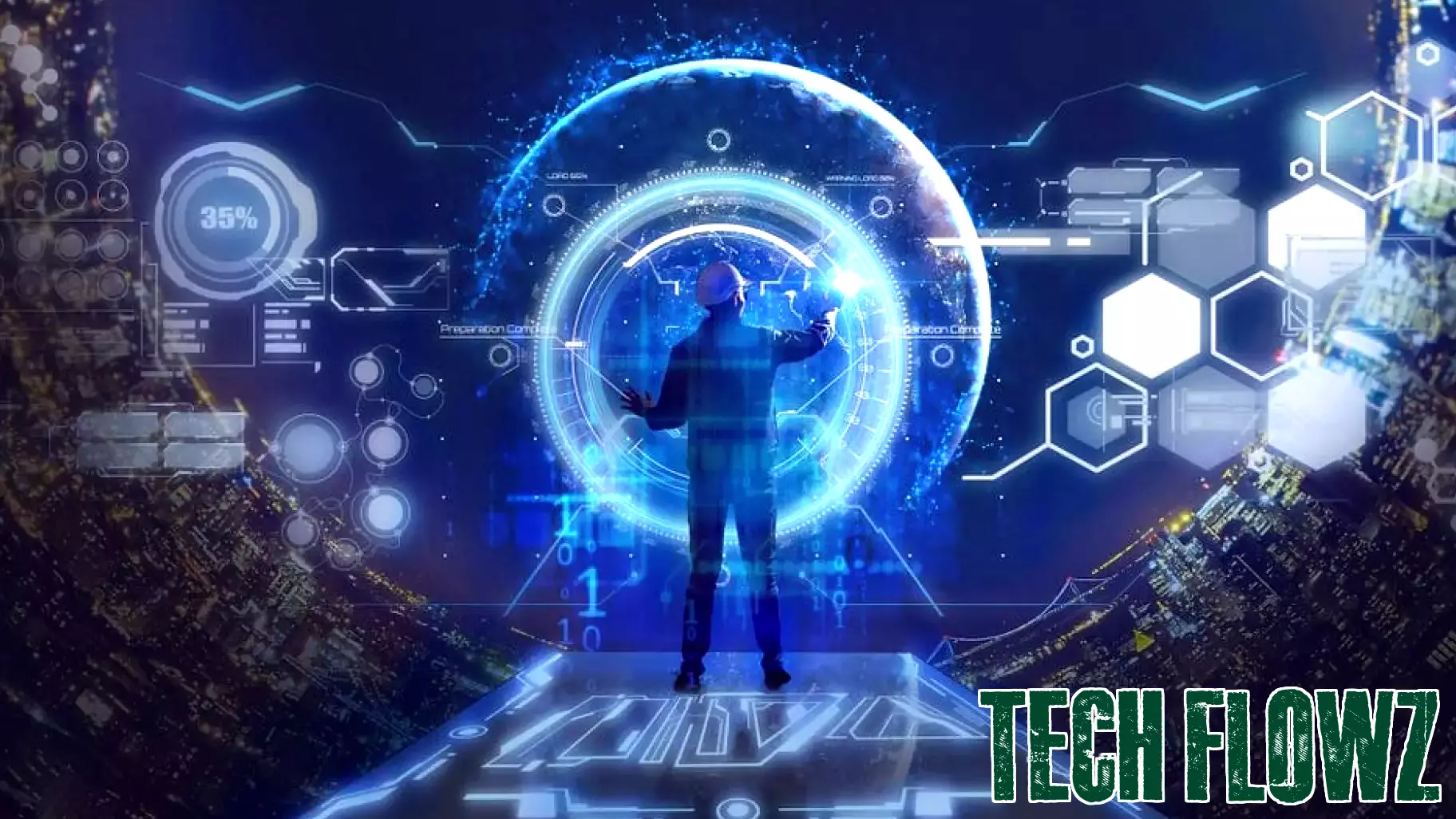The Impact of Technology on Future Employment
December 15, 2024 - 05:02

Automation and robots are slowly taking over the repetitive tasks normally performed by humans. This shift is transforming the job landscape, leading to both opportunities and challenges for the workforce. As technology advances, many roles that involve routine tasks are becoming obsolete, prompting a need for workers to adapt and acquire new skills.
In industries ranging from manufacturing to customer service, machines are increasingly handling tasks such as data entry, assembly line work, and even basic customer interactions. This trend not only improves efficiency but also raises questions about job security. Workers in these sectors may find themselves needing to transition into more specialized roles that require human creativity, problem-solving, and emotional intelligence—skills that machines cannot easily replicate.
Moreover, the rise of artificial intelligence and machine learning is expected to create new job categories that focus on technology management, data analysis, and cybersecurity. As companies embrace these innovations, the demand for skilled professionals in tech-related fields will likely surge, emphasizing the importance of lifelong learning and adaptability in the modern job market. The future of work will undoubtedly be shaped by technology, compelling individuals and organizations alike to rethink their approaches to employment and skill development.
MORE NEWS
December 16, 2025 - 02:14
Quantum Computing Inc. to Enhance Technology Roadmap with Luminar Semiconductor AcquisitionQuantum Computing Inc. has announced a strategic agreement to acquire Luminar Semiconductor, Inc., a move aimed at accelerating its technology roadmap. This acquisition is expected to bolster QCi`s...

December 15, 2025 - 13:31
GOP Divisions Emerge Over AI Regulation Following Trump's Federal DirectiveRepublicans are grappling with increasing divisions regarding artificial intelligence (AI) standards as former President Trump pushes for a federal framework to regulate the rapidly expanding...

December 14, 2025 - 03:41
Controversy Surrounds Trump’s Tech Advisor Over AI InvestmentsDavid Sacks, a prominent technology and cryptocurrency advisor during the Trump administration, is currently under scrutiny due to his significant investments in artificial intelligence. Critics...

December 13, 2025 - 02:15
Alkami Unveils The Foundry: A New Hub for Tech InnovatorsAlkami Technology has launched The Foundry, an innovative platform designed to empower technology builders within the financial services sector. This new initiative aims to foster collaboration and...